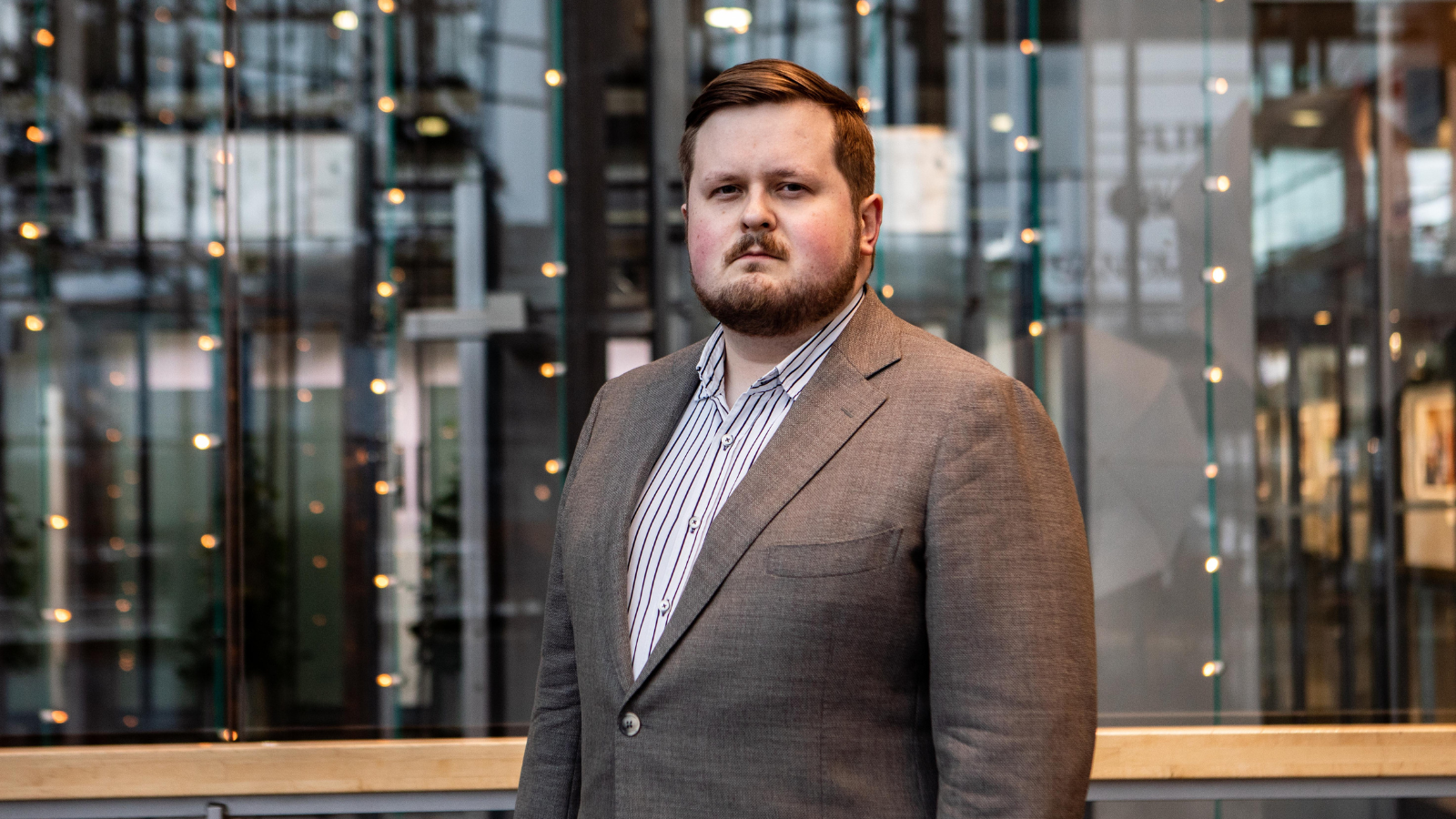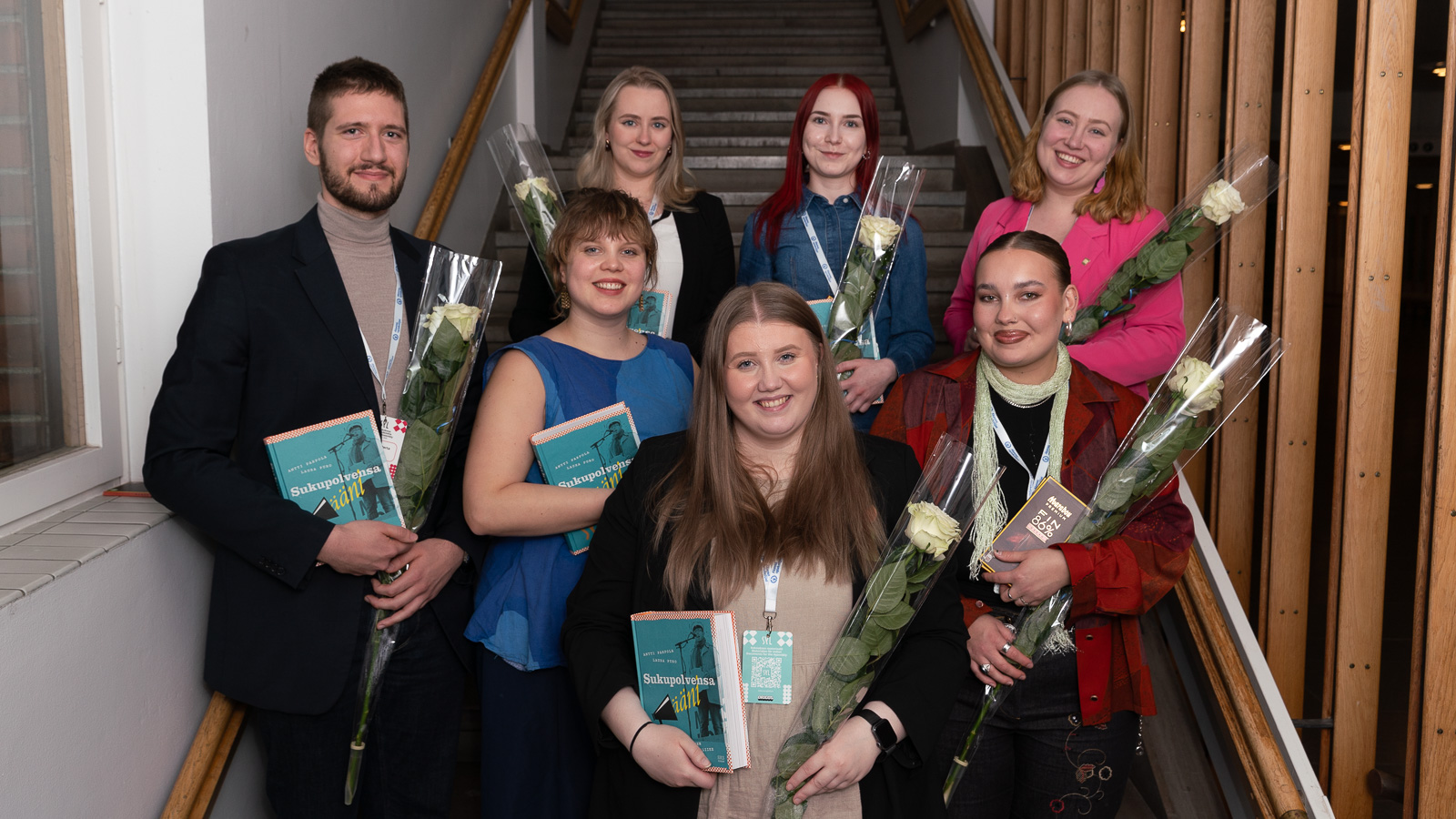For more than a decade, a key objective of Finnish higher education policy has been to make the system more efficient. While legislators attempt to squeeze all the power out of the system, the fundamental impact of the reforms on the position and role of universities has been overlooked.
The new funding models for universities were approved in April 2024 and will enter into force in 2025. One of the additions to the models is a new indicator based on the number of new, first-time students. The increased emphasis on first-timer status will put more pressure on students to choose a discipline at the end of upper secondary education. The opportunities of young people to try different things, to make mistakes and to learn new things are at acute risk. Changing disciplines and diverse study paths will suffer under the reform.
Funding for education in Finland will continue to fluctuate according to the economic conditions unless a long-term political will to change course is found. There is no predictable development and no real commitment to focusing efforts on education. Universities need a predictable, transparent and sustainable environment and funding that does not fluctuate according to the political ambitions of governments or does not drive competition between universities. Without systematic efforts, it will be difficult for universities to fulfil their mission.
‘Fundamental educational rights are in danger of being trampled underfoot in the constant streamlining. This is the wrong direction. The basic purpose of the university must not be lost under the dictates of business because not only society but also working life needs critical thinkers and educated citizens’, says Anselmi Auramo, the newly elected President of the National Union of University Students in Finland.
The university students’ proposal is a parliamentary agreement on the funding of education that extends across parliamentary terms. This is necessary to achieve Finland’s goal of raising education levels. The government must understand the multifaceted role of universities as social actors that provide education and culture with intrinsic value.
The student movement wants to look towards a bright future in which universities provide stronger support for education and growth into a critical citizen. Such higher education provides the best support for both civil society and democratic stability, and is able to address the most difficult challenges of our time.
Further information:
Akseli Tiitta
President
044 906 5004
akseli.tiitta@syl.fi



